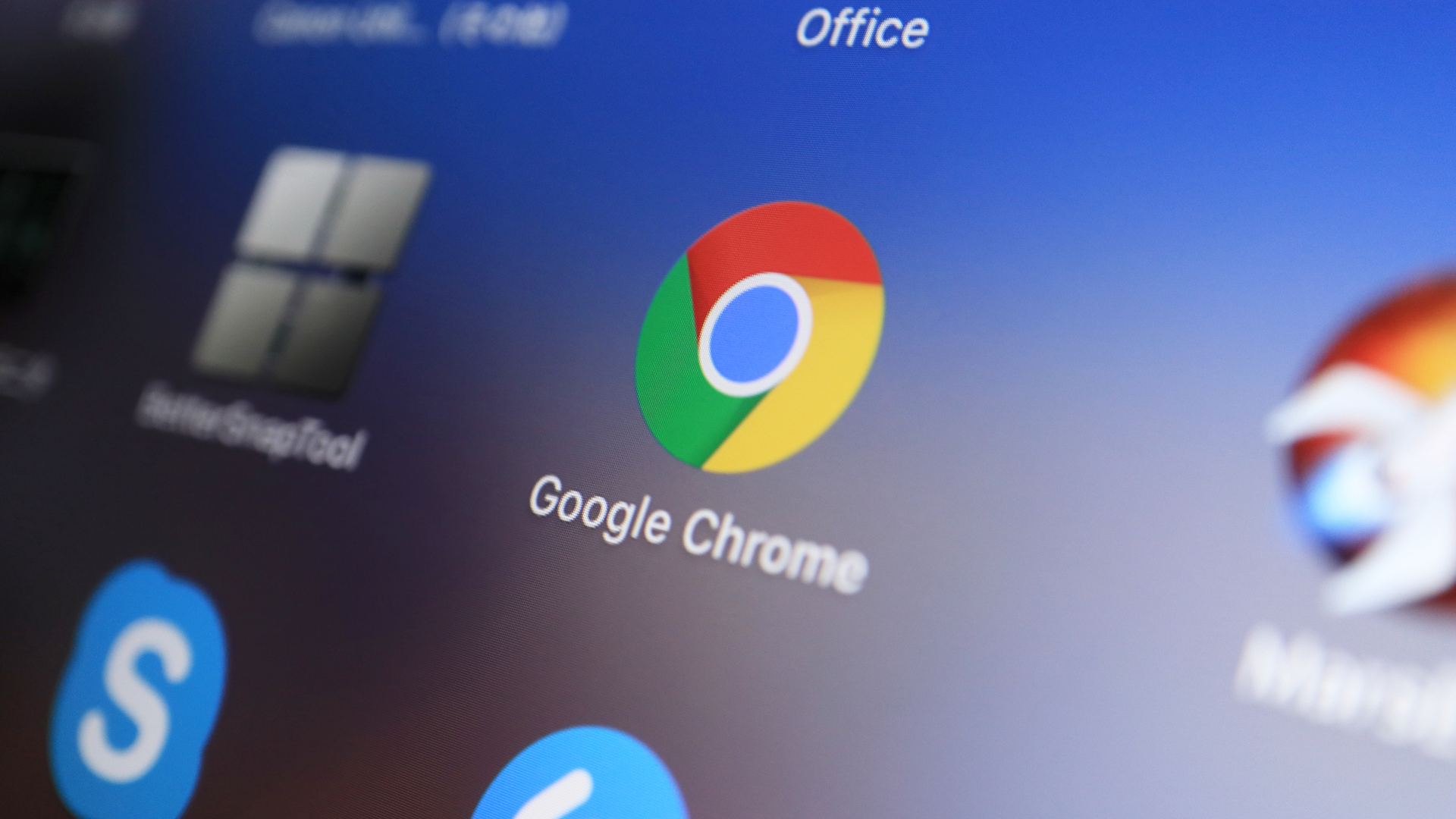
Google is set to clamp down even further on using certain unsupported extensions, most notably ad blockers, with its Chrome browser, given a new move in testing.
As spotted by Leopeva64, a regular leaker of browser-related info on X, there’s a change in the Canary (early test) build of Chrome whereby Google has entirely stripped away the ability to use Manifest V2 browser extensions, such as uBlock Origin, a popular ad blocker.
Google is already testing the removal of the option to re-enable unsupported extensions, in Chrome Canary the toggle to re-enable them is now greyed out, you can only remove them or find alternatives:https://t.co/aVxHvgB01N pic.twitter.com/zitGWq1SR2October 3, 2024
Let’s rewind a bit for background here – as you may have seen, Google has been ushering in a shift in Manifest, the platform its extensions are built on, from V2 to V3, as the latter is designed to offer better security, performance, and other benefits (there are plenty of folks who disagree, mind).
As we’ve seen in recent times, that move to Manifest V3 is now underway, and Chrome users have for some time now been warned that older extensions built on V2 are not supported by the browser.
Currently, though, you can still use a V2 extension like the mentioned uBlock Origin – though you’ll be warned against it – but as Leopeva64 spotted, in the latest Canary build of Chrome, the switch to use a disabled V2 extension is now greyed out. In other words, you can no longer make the decision to enable uBlock Origin or other V2 extensions for Chrome at all (in testing).
What you get instead is a choice to bin the extension, or find an alternative - for example, with uBlock Origin you might be redirected to uBlock Origin Lite, the V3 spin on this add-on (missing some key abilities, it should be noted, as the ‘Lite’ designation hints).

Analysis: Some alarms, but no surprises
Well, this is no surprise. Google has been a long time in enacting this shift from Manifest V2 to V3, and in fact, it was six years back that the new platform was first aired.
Sign up for breaking news, reviews, opinion, top tech deals, and more.
Google previously let us know that during this final stage of the transition to V3, there would be an option to keep using V2 extensions for those who really wanted to – the mentioned toggle – but that this would be removed in the future. That future has arrived sooner than we expected, though note, the change is still in testing right now.
We guess there’s a chance that this switch may not make the cut for release – as is the case with anything in testing – but given that Google has previously announced that it would be fully removing the option to run V2 extensions, it seems pretty certain that this move will be coming through to the stable version of Chrome probably very soon.
Clearly, Google is serious about trying to oust ad blockers from its browser, or at least those extensions with fuller (V2) levels of functionality. One of the crucial twists with V3 is that it prevents the use of remotely hosted code – as a security measure – but this also means ad blockers can’t update their filter lists without going through Google’s review process. What does that mean? Way slower updates for said filters, which hampers the ability of the ad-blocking extension to keep up with the necessary changes to stay effective.
(This isn’t just about browsers, either, as the war on advert dodgers extends to YouTube, too, as we’ve seen in recent months).
At any rate, Google is playing with fire here somewhat – or Firefox, perhaps we should say – as this may be the shove some folks need to get them considering another of the best web browsers out there aside from Chrome. Mozilla, the maker of Firefox, has vowed to maintain support for V2 extensions, while introducing support for V3 alongside to give folks a choice (now there’s a radical idea).
It should be noted that Google’s shift to Manifest V3 is a move with Chromium, the web engine, more broadly affecting other browsers using that engine – like Microsoft Edge (or Opera) – but specific moves like removing the V2 enable toggle here are just for Chrome (Chrome is the browser, Chromium is its underlying engine which is used elsewhere).
Via Neowin
You might also like
Darren is a freelancer writing news and features for TechRadar (and occasionally T3) across a broad range of computing topics including CPUs, GPUs, various other hardware, VPNs, antivirus and more. He has written about tech for the best part of three decades, and writes books in his spare time (his debut novel - 'I Know What You Did Last Supper' - was published by Hachette UK in 2013).